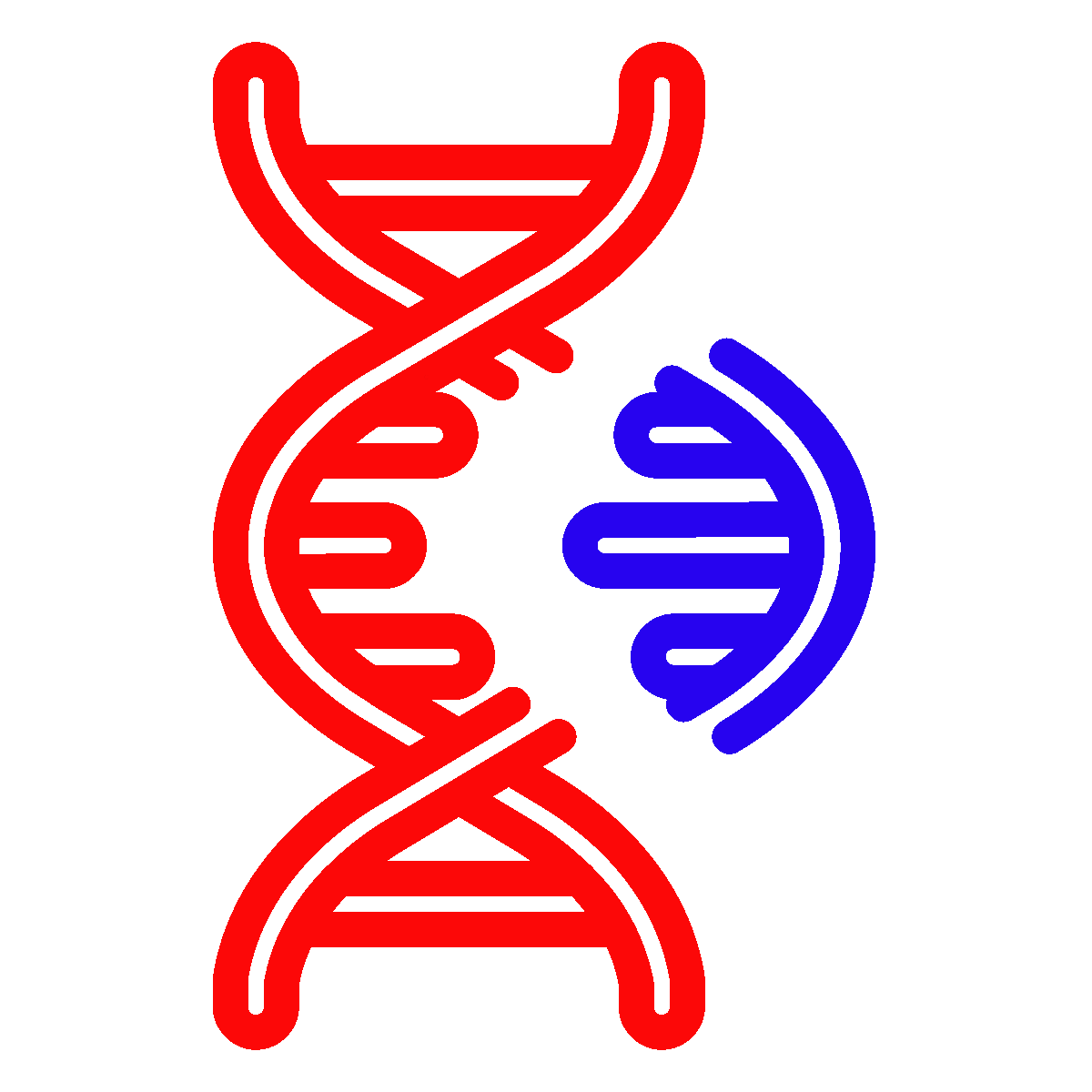Join the conversation at:

About the Topic:
A little while back we had a member ask a very valid question on how they can cut weight and get in a better condition with the goal of
training for competitive xc racing (aka cross-country cycling). As I was reading through the comments/suggestions in his post I noticed several
comments, although mostly great advice, might not have been the best advice for his needs or that they omitted some commonly misunderstood facts
about nutrition and how your body breaks down different types of food calories. I figured I’d share my thoughts/comments with him in the group and re-post
here since it was such a great question I think we all struggle with.
Below is my reply:
"Calorie deficit/tracking calories works, however, I will note there is a difference between how many calories a food item “contains” vs how many your body absorbs based on the type of food. For instance, if you eat a 100-calorie-containing resistant starch food item (boiled then allowed to cool potato) vs a 100-calorie-containing-glass of orange juice or even worse, high fructose corn syrup drink, your body will absorb more of the calories from the high fructose drink then the resistant starch, even though they technically contain the same caloric values.
Food calories are measured simply by burning them in a lab and measuring the calories burned (google Food calorimetry), but they do not take into account how your body breaks them down. So counting calories isn’t really the best way unless you are intentionally avoiding refined sugars (especially high fructose sugars).
Also, not all fruits are great for you. Berries are by in large the best, but avoid grapes like the plague since the amount of sugar (natural or otherwise, still too much fructose) in a grape is waaaaay more than berries. Plus most berries contain flavonoids, which are good for weight and other cognitive benefits (blueberries are best imo).
Also, to be honest, I know you said you’re not trying to bulk up, but weight training is one of the best ways to lose fat. Since cardio burns calories, but not so much fat. While weight training burns more fat. Yes, cardio will also burn some fat, but less so than weight training. Lifting, in your case, is a great way to strengthen your legs for cycling marathons and burns a lot of fat. Just be wary of joints. Core exercise is also big here. On the flip side, cardio (over time) does do one big thing. You can train your mitochondria to become more efficient at burning calories by doing 30-45 minutes of high endurance cardio 3 times a week. Although this process will take a significant amount of time, eventually your body will become more efficient at breaking down what you put into it.
Oh, and avoid as many processed and preservative-containing foods as you can. Since your body tends to store foods/chemicals that it doesn’t know what to do with or how to break down as fats. Also, it may be a good idea to avoid most “vegetarian” foods as possible as the “vegetarian” plant-based part is usually soy-based. Soy is a hormone-containing plant that can lower your testosterone, which is bad in this case. Or most cases for that matter.
While most tough workouts and calorie restriction diets “work” it also depends on your goals. Are you trying to simply cut weight? Or are you trying to also be healthy? You can cut weight by calorie deficit and only drinking smoothies, but still end up with fatty liver (it’s misunderstood that non-alcoholic fatty liver disease is caused by fats, it’s more often caused by too much sugar, especially high fructose corn syrups)… or you can lose weight and make your overall body (ie mitochondria) healthier and more efficient in the long run. Also, although I agree intermittent fasting is both healthy and effective at weight loss and cognitive functions, if you’re actively training for a marathon or something it isn’t the best thing to do at that point. Since your body will need to store some calories to train and perform well, if you restrict your intake times your body won’t be able to train as well, but outside of actively training for something it is great. Which is why I said it depends on your goals.
That brings me to some great sources: I would highly recommend going to listen to a podcast by a former triathlete and medical doctor named Peter Attia, called “the drive”. He breaks down the science on all of it and regularly has world-class cycling/running athletes on his podcast and other doctors/nutritionists to discuss all of what I said above."
I have compiled a list of some of my favorites below:
Nutrition & Sleep
Running
Science of Obesity
Fructose & Metabolic Disease
Cycling & Zone 2 training part 1
Cycling & Zone 2 training part 2
Challenge Time! I challenge you to join the group and comment your thoughts and strategies on the above-mentioned post. (linked here)
As always, if you found any of this helpful, consider subscribing and check out my other links above, where I post regularly.



